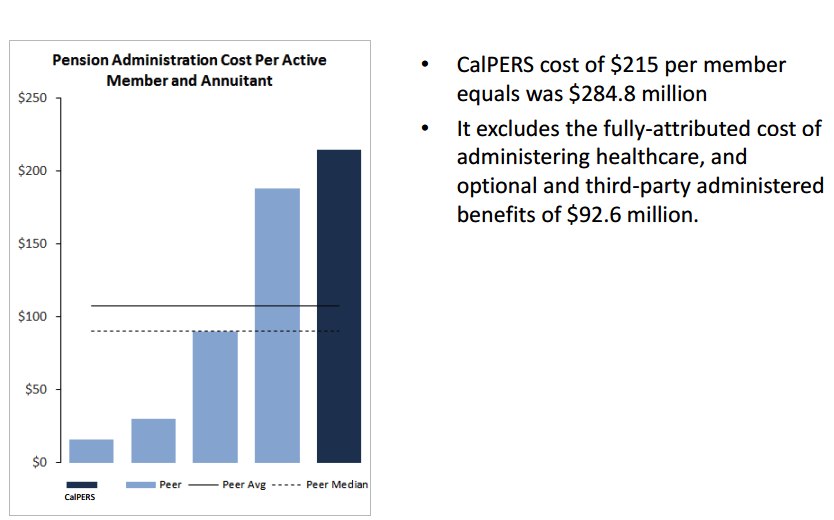In two weeks, Phoenix voters will decide the fate of Proposition 487 – the ballot measure that would close off the city’s defined-benefit plan from new hires and shift them into a 401(k)-style plan.
The plan, if passed, would cost the city millions up front – but the tradeoff, proponents of the plan say, is a more sustainable pension system.
There are ways to offset the initial cost of the plan. One option is to eliminate deferred compensation for workers.
Would city officials support eliminating deferred compensation as a cost-saving measure?
The Arizona Republic asked them:
We asked: If Prop. 487 is approved, would you support removing deferred compensation without providing employees its value in another form? Please explain.
“It is important to provide employees fair compensation and to ensure the city remains a competitive employer. With that said, should Prop. 487 pass, the city will comply with the law and not provide deferred compensation. However, I would not want to presume what the end point or other forms of compensation could or could not be. We are required to negotiate in a fair and neutral manner per our Meet and Confer ordinance and to do so without a predetermined outcome. The city would negotiate in good faith with employee groups as required and practice good labor relations practices.”
— Michael Nowakowski,District 7, southwest Phoenix and parts of downtown
“Yes. Prop. 487 lets current employees choose between their pensions or deferred compensation. They get to keep what they earned, but going forward, they can’t have both. Pensions are out of control — costs ballooned from $56 million in 2003 to $240 million in 2013. ‘Yes’ on Prop. 487 saves over $400 million by eliminating pension spiking and secondary retirement. This year, taxpayers saw a new water tax and cuts in police, after-school programs, seniors and libraries to fund the ballooning pension costs and $19 million in pension spiking. Prop. 487 treats employees and you fairly. Ask yourself, what do you get?”
— Sal DiCiccio, District 6, Ahwatukee and east Phoenix
“I support 487. We must end pension spiking, and the prohibitively expensive status quo. I have voted against all final labor contracts as a councilman. By the time the initiative kicks in, the current contracts would have 18 months to run. I believe we must honor the voters’ decision and meet our contractual obligations (even though I voted against the contracts) by re-opening the contracts to mitigate loss of deferred compensation. In subsequent negotiations in 2016 and beyond, we should take a much more realistic approach to negotiations. The ‘we’ve always done it this way’ approach to negotiation must stop.”
— Jim Waring, vice mayor (District 2), northeast Phoenix
“If deferred compensation is contained in contractual minutes — and rightfully owed to city employees — the city will be required to renegotiate its contract and provide payment in the form of wages. Ultimately, courts will decide the outcome at significant cost to taxpayers.”
— Thelda Williams, District 1, northwest Phoenix









